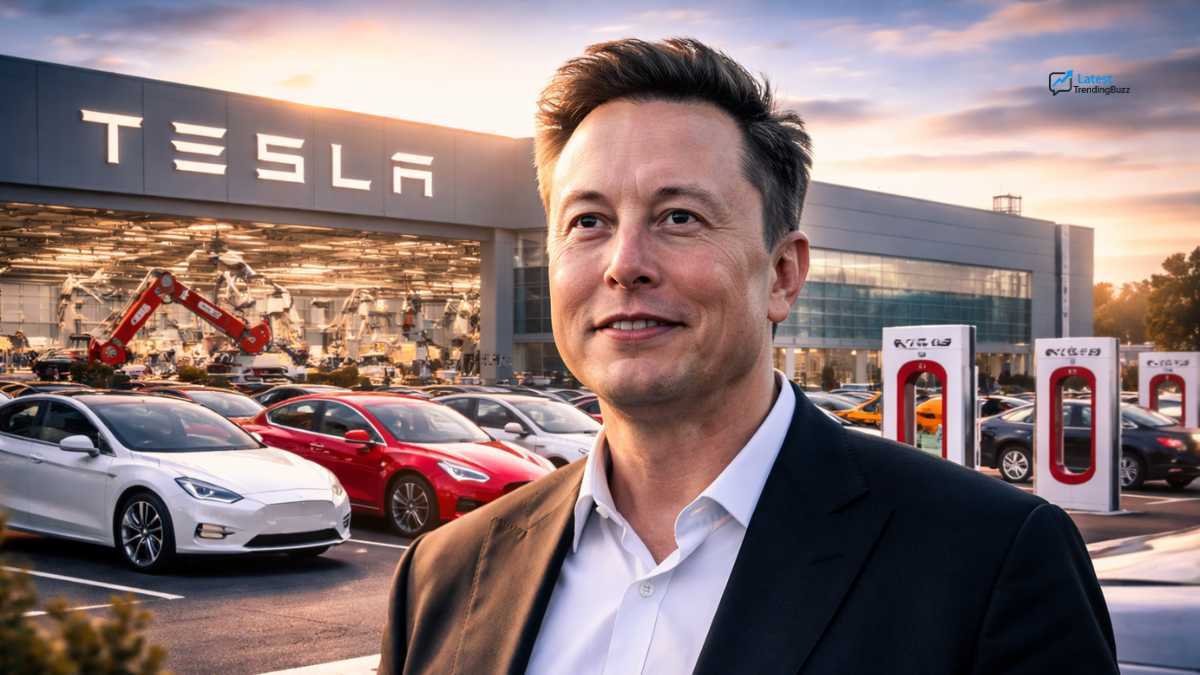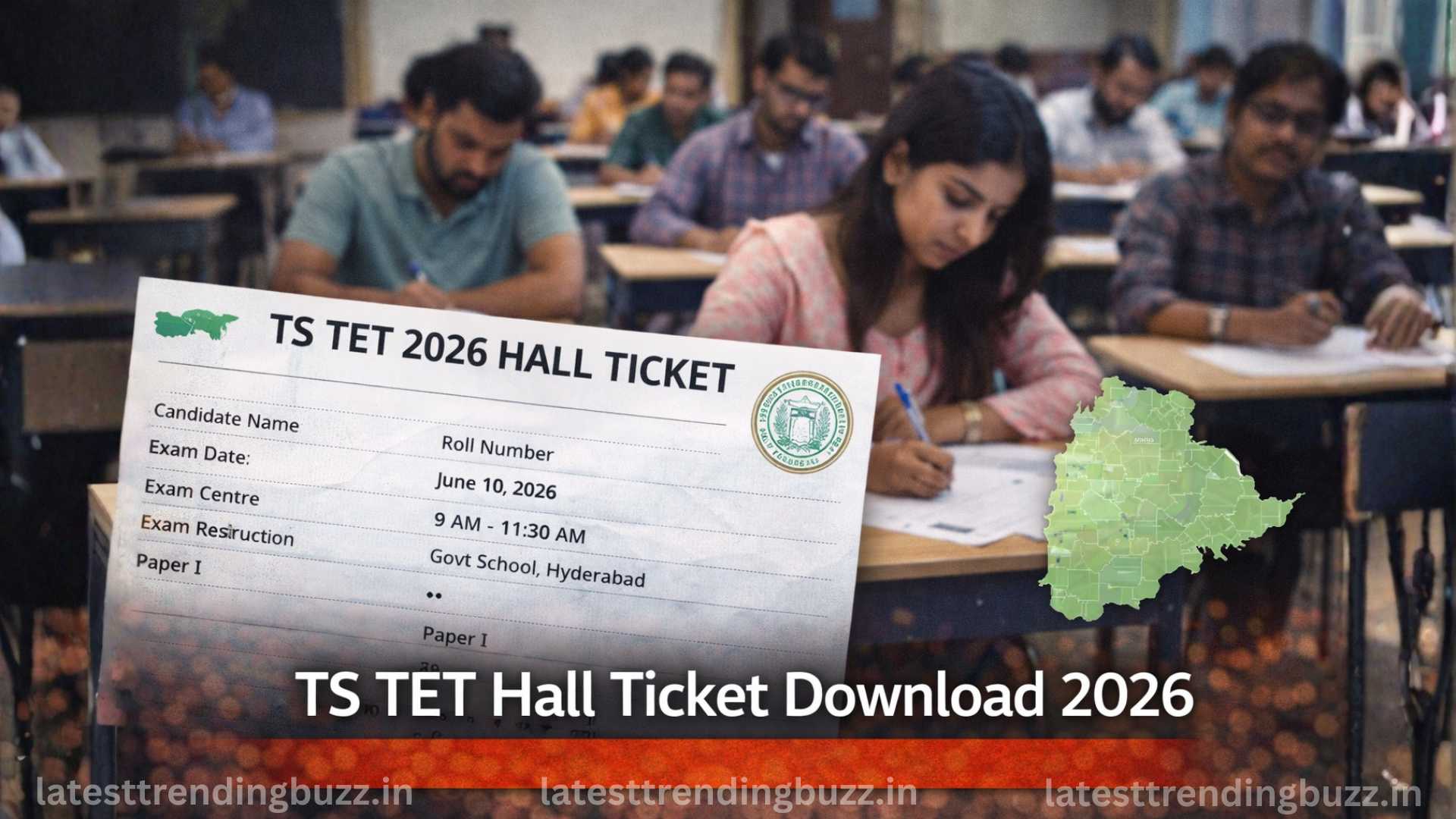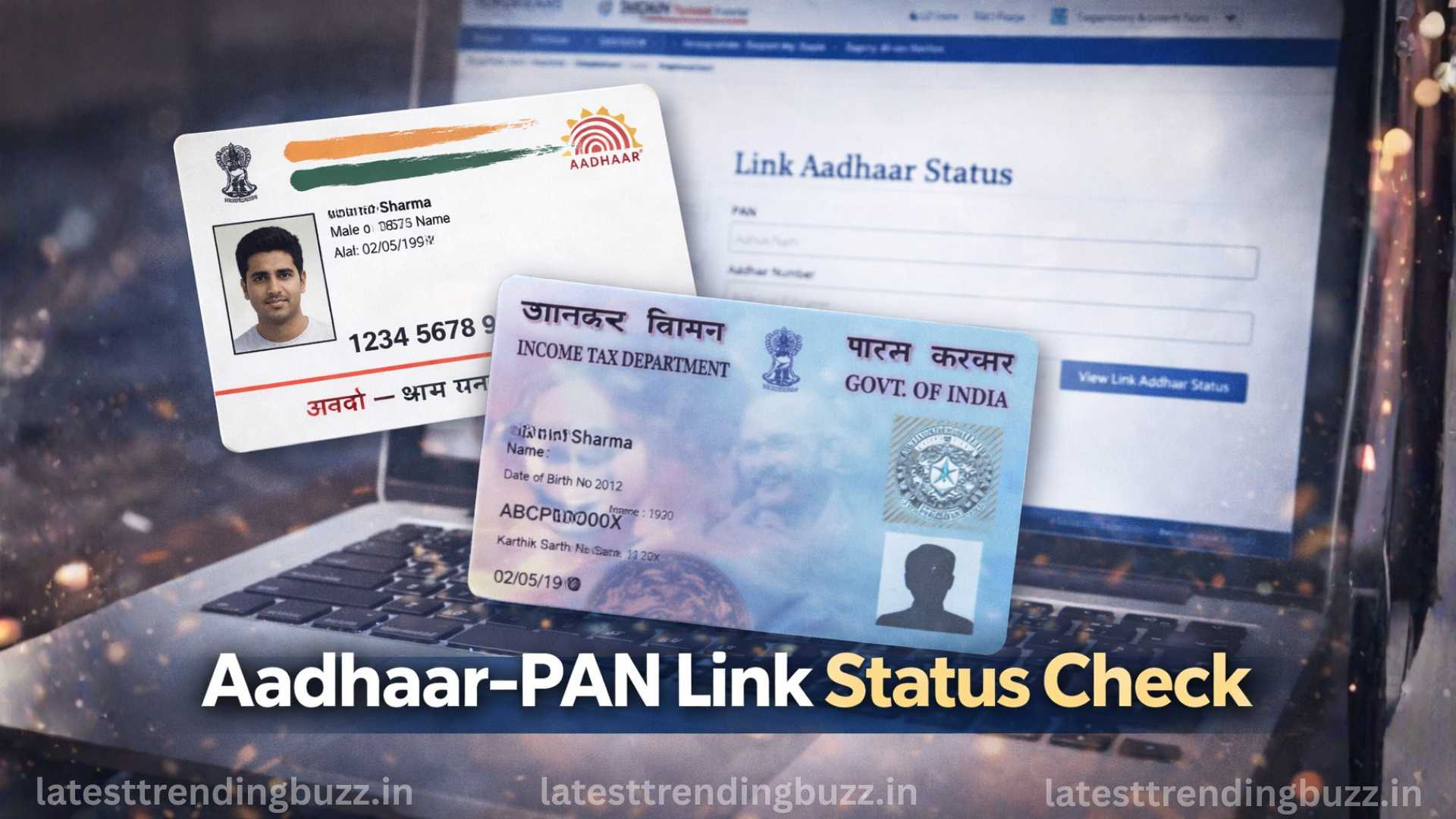Privacy once meant closing a door. Today, it means navigating a network.
In a country where over 850 million people are connected to the internet, every search, click, and biometric scan feeds into vast data ecosystems. From Aadhaar to AI-driven surveillance, India’s digital transformation has been spectacular — and unsettling.
The question that now defines The Future of Privacy in India latest 2025 isn’t whether technology will shape our lives, but whether privacy can survive that transformation at all.
The Digital Explosion That Changed Everything
India’s digital journey began with connectivity and convenience. Mobile data became cheap, apps replaced paperwork, and platforms connected citizens to everything from banking to governance.
But convenience came with a trade-off — data as currency.
Every tap and transaction generates metadata. The Digital India initiative, Aadhaar authentication, UPI, and AI-based analytics have built one of the world’s largest digital citizen profiles.
By 2025, experts estimate India will generate 45 zettabytes of data annually. And within this surge lies the central dilemma of The Future of Privacy in India latest 2025 — who owns your digital self?
The Legal Backbone: India’s Data Protection Journey
India’s privacy evolution has mirrored its technological one.
The landmark Justice K.S. Puttaswamy vs Union of India (2017) judgment declared privacy a fundamental right. That decision set the tone for modern data governance.
In 2023, India passed the Digital Personal Data Protection (DPDP) Act, marking the country’s first attempt to define how data is collected, processed, and protected.
However, the law raised complex questions:
- Can citizens truly opt out of data sharing when access to services depends on consent?
- How will small startups comply with complex data-storage obligations?
- What limits exist on government surveillance?
These ambiguities will define The Future of Privacy in India latest 2025, as regulators and industries test the balance between innovation and individual rights.
Also Read: Lost Websites of India latest 2025: The Forgotten Websites That Defined India’s Internet (1998–2010)
AI Surveillance: The Silent Observer
Across Indian cities, AI-powered cameras and predictive algorithms are reshaping public security.
From traffic monitoring in Hyderabad to facial recognition in airports and railway stations, India is rapidly adopting AI surveillance systems. Proponents argue that such technologies enhance safety and efficiency.
But critics warn of mission creep — when tools built for security expand into social control.
Without transparent guidelines, these systems can track not just criminals, but citizens — their movements, behaviors, and associations. This silent expansion is what makes The Future of Privacy in India latest 2025 so fragile: technology’s ability to see everything, even when it shouldn’t.
Aadhaar, Data, and the State
No discussion on privacy in India can exclude Aadhaar, the world’s largest biometric database. Over 1.3 billion Indians have enrolled, using fingerprints and iris scans for everything from SIM cards to subsidies.
While Aadhaar simplified governance, it also centralized identity.
Every authentication leaves a digital footprint. Even anonymized data can be re-identified through analytics. In The Future of Privacy in India latest 2025, Aadhaar represents both empowerment and vulnerability — a technological marvel built on the fragile foundation of trust.
Corporate Data Practices: The New Gold Rush
Private companies now collect more data about Indians than any government ever could.
E-commerce platforms track spending habits, OTT apps analyze viewing patterns, fintech firms log transactions, and AI tools monitor engagement in real time.
In The Future of Privacy in India latest 2025, corporate data ecosystems are merging with AI-driven personalization. The outcome is a world where algorithms understand you better than you understand yourself.
The ethical question becomes: At what point does personalization become manipulation?

Public Surveillance and Smart Cities
India’s 100 Smart Cities Mission aims to create tech-integrated urban systems — surveillance grids, predictive policing, and real-time data dashboards.
While the intent is modernization, experts argue that such projects often lack robust privacy safeguards.
When CCTV footage, biometric access systems, and facial recognition merge, the result is a panoptic city — a place where everything is observed, and nothing is forgotten.
This model will define The Future of Privacy in India latest 2025 — a test case for whether India can innovate responsibly in the age of total visibility.
The Role of Artificial Intelligence in Data Interpretation
Artificial Intelligence doesn’t just collect data — it interprets it.
AI models can predict a person’s emotions, location patterns, or even health conditions through seemingly harmless metadata. In sectors like healthcare and education, this enables progress. But in surveillance and governance, it risks profiling citizens at scale.
In The Future of Privacy in India latest 2025, the challenge is not just about consent, but comprehension. Few users truly understand what they consent to when AI systems learn from their digital shadows.
Also Read: The Secret Internet latest 2025 Deepnet, Dark AI, and the Hidden Web
Global Comparisons: Where Does India Stand?
Compared to Europe’s GDPR or California’s CCPA, India’s framework remains nascent.
The DPDP Act prioritizes data localization and user rights but lacks an independent privacy regulator with strong enforcement powers. Meanwhile, countries like Japan and the EU are already exploring AI ethics frameworks that go beyond data protection into accountability.
The international landscape suggests that The Future of Privacy in India latest 2025 must evolve from reactive laws to proactive ethics — ensuring innovation never outpaces conscience.
Citizen Awareness and Digital Literacy
The average Indian internet user shares personal data daily — often unknowingly.
From granting app permissions to accepting cookies, privacy loss is rarely visible. Awareness, not apathy, will decide The Future of Privacy in India latest 2025.
Schools, media, and digital literacy programs must teach privacy as a life skill, not a legal clause. Only when citizens understand the stakes can they demand accountability.
The Road Ahead: Privacy in the Age of AI Nations
India stands at a crossroads.
On one path lies data-driven governance — efficient, predictive, and algorithmic. On the other lies digital freedom — autonomy, consent, and control.
The next decade will determine which vision prevails. Will AI systems serve humanity, or will humanity serve the systems?
In The Future of Privacy in India latest 2025, the answer depends on three forces:
- Legislation — can laws evolve as fast as technology?
- Corporations — can businesses treat privacy as principle, not policy?
- Citizens — can awareness rise before anonymity vanishes?
If these align, India could pioneer a model where technology empowers rather than entraps.
FAQs about The Future of Privacy in India latest 2025
Q1: What is “The Future of Privacy in India latest 2025”?
A: It refers to the ongoing evolution of India’s data protection, surveillance, and AI governance policies in a hyper-connected world.
Q2: Is privacy a fundamental right in India?
A: Yes. The Supreme Court recognized privacy as a fundamental right in the 2017 Puttaswamy judgment.
Q3: How does the Digital Personal Data Protection Act impact citizens?
A: It introduces rights like consent, data correction, and grievance redressal — though concerns remain about enforcement and state exemptions.
Q4: How is AI affecting Indian privacy?
A: AI systems analyze vast datasets, often blurring the line between innovation and intrusion, a key issue shaping The Future of Privacy in India latest 2025.
Q5: Can privacy truly exist in a surveillance society?
A: Only through transparent policies, informed consent, and citizen empowerment — otherwise, privacy becomes a privilege, not a right.
Conclusion
India’s digital revolution has been one of empowerment — from financial inclusion to social connectivity. Yet beneath the progress lies a quiet erosion of personal space.
The Future of Privacy in India latest 2025 isn’t just about protecting data — it’s about preserving dignity. It’s about ensuring that technology remains a servant of society, not its overseer.
As India moves deeper into the AI era, privacy will define not just our laws, but our humanity. The question is no longer if we are being watched — but whether we still have the right to look back.
Disclaimer
This blog is for informational and educational purposes only. Data, trends, or forecasts may change with time. Readers are advised to verify details from official or trusted sources before making conclusions or decisions.














